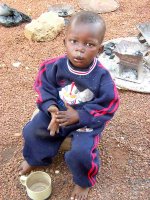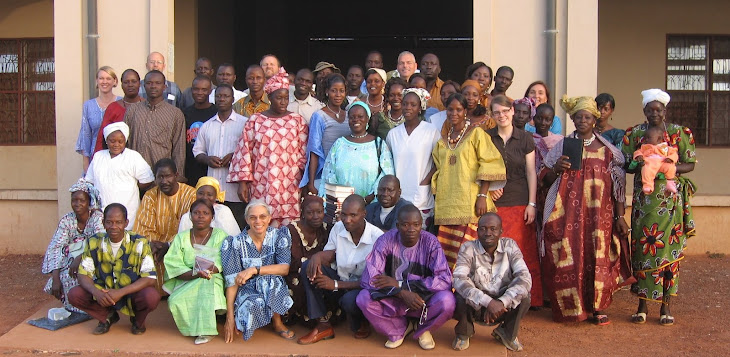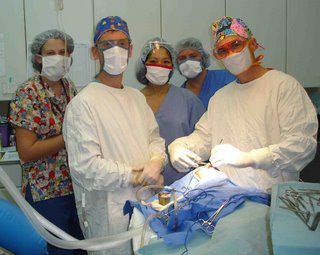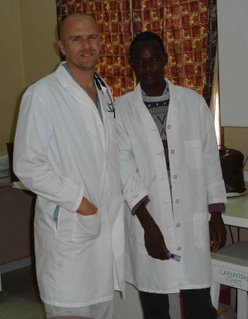We had the pleasure of hosting Drs. Tim and Hyuen Bartholomew, missionaries headed to work at the Hope Clinic in Guinea, West Africa. Tim performed three cleft repairs on three children whose families asked missionaries about treatment possibilities several months ago. The results look remarkable and the chance to do something special for these children and their families was an opportunity from God. May He receive the glory!
Missionary Jeff Amstutz also scrubbed in for a change from his administrative duties. All three kids were brought to the OR, placed with IVs, put under anesthesia and intubated and sedated throughout the entire procedure which ran from 2-4 hrs total with recovery time. The hospital hopes to host Tim again in a year or so as we expect more cases to be coming asking about treatment.











